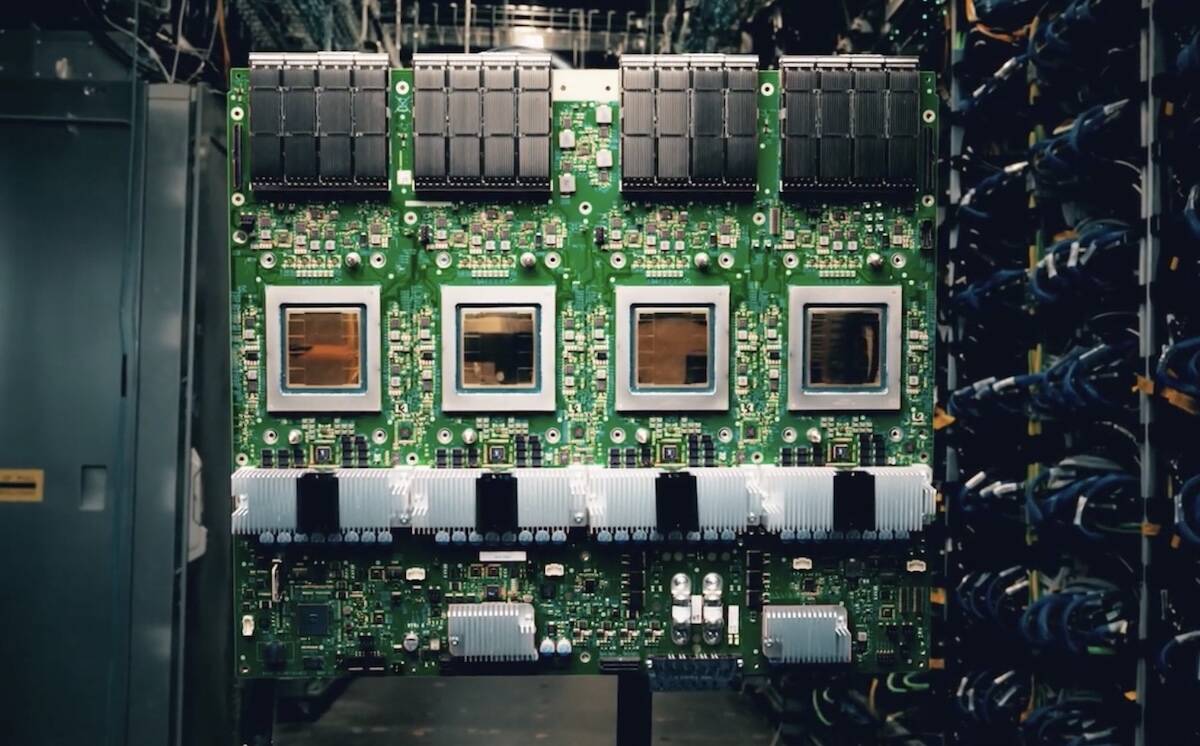
"Historically, Google's TPUs have paled in comparison to contemporary GPUs from the likes of Nvidia and more recently AMD in terms of raw FLOPS, memory capacity, and bandwidth, making up for this deficit by simply having more of them. Google has offered its TPUs in pods - large, scale-up compute domains - containing hundreds or even thousands of chips. If additional compute is needed, users can then scale out to multiple pods."
"With TPU v7, Google's accelerators offer performance within spitting distance of Nvidia's Blackwell GPUs, when normalizing floating point perf to the same precision. Each Ironwood TPU boasts 4.6 petaFLOPS of dense FP8 performance, slightly higher than Nvidia's B200 at 4.5 petaFLOPS and just shy of the 5 petaFLOPS delivered by the GPU giant's more powerful and power-hungry GB200 and GB300 accelerators."
Google's Ironwood TPU v7 offers 4.6 petaFLOPS of dense FP8 performance and 192 GB of HBM3e memory delivering 7.4 TB/s of bandwidth. Each TPU includes four ICI Links providing 9.6 Tbps of aggregate bidirectional chip-to-chip bandwidth. The TPU v7 performance approaches Nvidia's Blackwell B200 when normalizing floating point precision and slightly exceeds B200's FP8 throughput. Historically Google compensated for lower per-chip raw FLOPS, memory capacity, and bandwidth by deploying large TPU pods containing hundreds or thousands of chips. Ironwood continues that scale-out model while increasing per-chip capability. The result is a more balanced competitor to Nvidia's GB200 and GB300 accelerators.
Read at Theregister
Unable to calculate read time
Collection
[
|
...
]